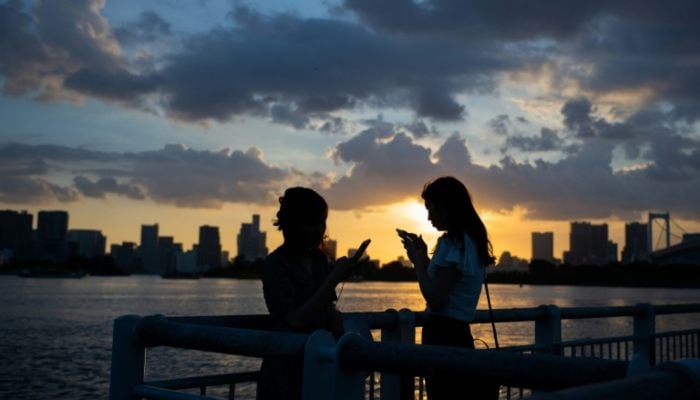Select Language:
A Japanese city is proposing an ordinance encouraging residents to limit their daily non-working or non-school screen time to two hours, without imposing any penalties if the guideline is exceeded. This initiative applies to all residents of Toyoake City in central Japan and is entirely voluntary, with no enforcement measures. The goal is to address concerns about excessive device usage contributing to health problems like sleep disturbances, as explained by Mayor Masafumi Koki on Friday.
The draft recommends elementary school children not use smartphones after 9:00 p.m., while junior high and older students are advised to switch off after 10:00 p.m. The proposal has sparked online criticism, with many arguing that the two-hour limit is impractical. Comments on social media include remarks like, “I get their intention, but two hours isn’t realistic,” and “I can’t even read a book or watch a movie on my phone in that time.”
Some people believe the decision about smartphone use should be left to families rather than mandated by city officials. Responding to the backlash, the mayor clarified that the two-hour cap isn’t mandatory and emphasized that the guidelines recognize smartphones as essential tools in everyday life.
The proposed ordinance will be reviewed next week, and if approved, it will take effect in October. This isn’t the first local effort of its kind; in 2020, Kagawa Prefecture introduced a pioneering regulation limiting children’s gaming to one hour on weekdays and 90 minutes during holidays. The regulation also suggested that children aged 12 to 15 should not use smartphones past 9:00 p.m., extending to 10:00 p.m. for those aged 15 to 18.
According to a March survey by Japan’s Children and Families Agency, Japanese youth spend just over five hours online on weekdays on average.





